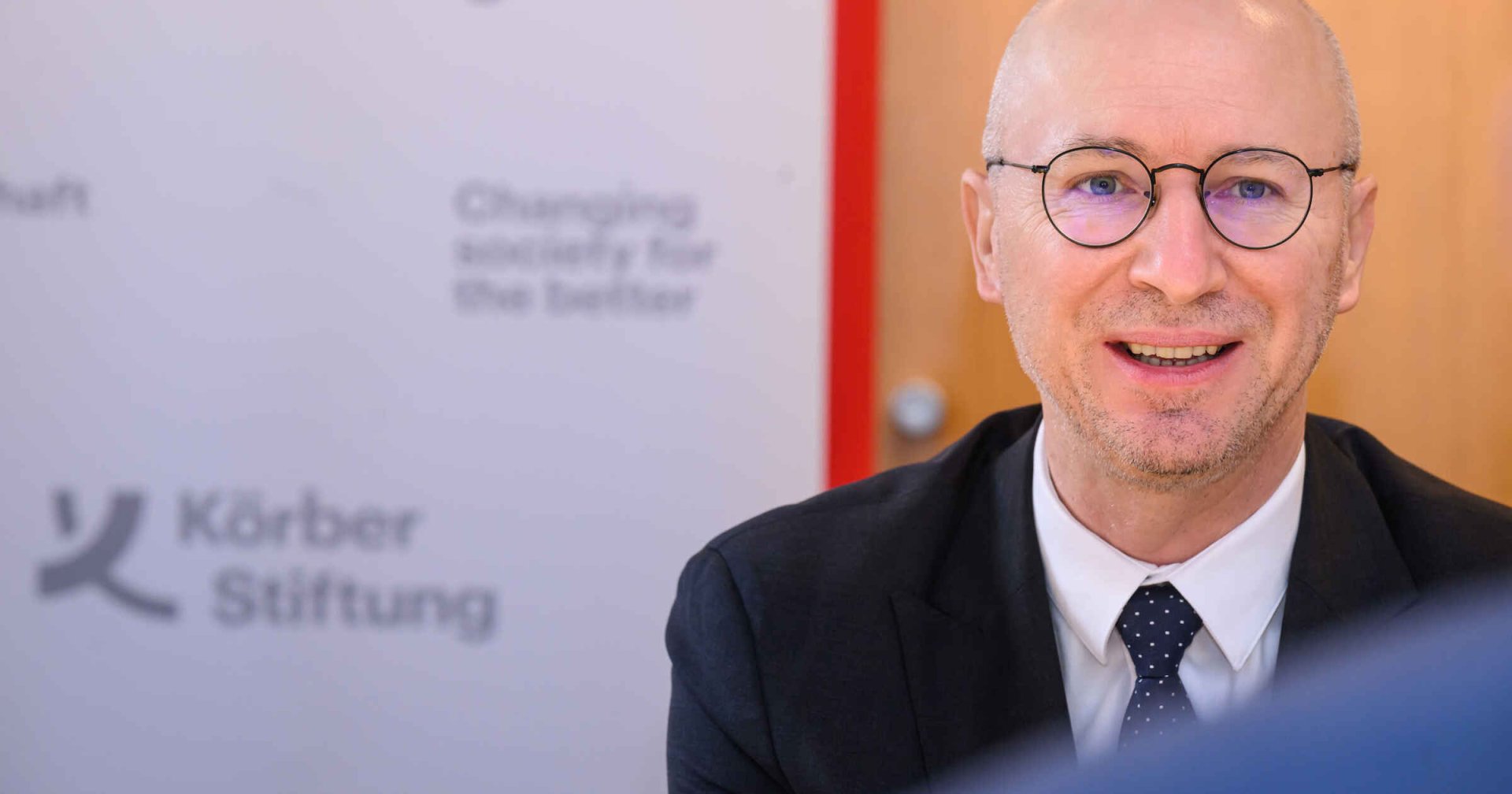
Moldovan president's adviser refers to reverse effect of Kremlin's propaganda, sweater worn by Russian foreign affairs minister in Alaska
The security adviser to the president of Moldova, Stanislav Secrieru, has criticized the dual discourse promoted by Kremlin officials, which he described as 'full of contradictions and adapted according to the audience and context.’’ Secrieru referred to the symbolic gesture of Russian Foreign Affairs Minister Sergey Lavrov, who wore a sweater with the inscription 'USSR' (in Russian) during the meeting in Alaska with American officials.
‘’Lavrov's sweater reminded me of one of the contradictions of Russian propaganda,’’ said the presidential adviser.
According to him, the Kremlin uses Soviet symbolism in two opposing directions: on the one hand, as a scare tactic, trying to convince Moldovans that joining the EU would be equivalent to entering a 'new USSR', where independence and self-decision are lost. On the other hand, as a benchmark and aspiration, lamenting the collapse of the Soviet Union and promoting nostalgia for the 'greatness' of the Soviet past, without mentioning the huge price paid by citizens: lack of freedoms, repression, poverty and polluted environment.
‘’The reality, however, shows exactly the opposite: small states that have joined the European Union have consolidated their sovereignty and influence and the EU, every time it is put to trial, emerges stronger and more united,’’ Secrieru emphasized.
The presidential adviser explained that ‘’the essence of the Russian propaganda is always the same - to mentally and politically push Moldova into a pale imitation of the USSR, led by a Russian elite trapped in the past.’’
'Today, the choice is ours: either we slip into the illusion of a past that cancels us as a state and as a free society, or we move forward towards our European future – part of the great family of prosperous and peaceful democracies,’’ concluded Stanislav Secrieru.
At the end of last week, U.S. President Donald Trump and Russian President Vladimir Putin met in Alaska for discussions on European security and the situation in Ukraine. The meeting was described as 'tense but constructive,' with the parties addressing such topics as arms control, regional influence and geopolitical conflicts in Eastern Europe.
Moldovan electoral body proposes opening two voting stations each in Russia, Ukraine, Israel
CEC deputy head comments on request to dissolve successor formations of Shor Party
Parliament to convene in special session
MEP: Russia steps up pressure on Moldova ahead of parliamentary elections
Moldovan parliament has 52 friendship groups with other states
Moldova has new ambassador to Sweden
CEC rejects Russian disinformation campaigns
Ministry of Foreign Affairs condemns Russian officials' statements on possible election fraud via diaspora
Explosive thrown into garden of PAS mayor in Stăuceni
Moldovan president says education Moldova's shield, first line of country's defense
Deputy Prime Minister, UNDP Moldova Head discussed support projects for country reintegration and community development
PHOTO GALLERY // Teachers' Forum held in Chișinău
Moldova's energy regulatory agency says Moldovagaz company to deliver natural gas to Transnistrian region till late March 2026
Moldovan president's adviser refers to reverse effect of Kremlin's propaganda, sweater worn by Russian foreign affairs minister in Alaska
Moldova to have new high-efficiency cogeneration plant by 2030
Moldovan president says resistance to Russian pressure makes Moldova pillar of stability
VIDEO // Police patrol officers of Moldova equipped with tablets, mobile printers for drafting reports
PHOTO GALLERY // New Constitutional Court judges take oath in parliament, in presence of Moldova's president, parliament speaker
PM at exhibition says Moldova grows through people united by care for community, children's future
Moldovan president meets group of pupils Gagauz Autonomy, Taraclia district, participants in Romanian language camp in Iasi
PHOTO GALLERY // In Safety on Vacation - exhibition staged on Great National Assembly Square
Court of Appeal sides with Moldova's Central Electoral Commission: three parties affiliated with convict Ilan Shor have no right to participate in elections
Moldovan president says at 2025 Diaspora Congress: 'We were all born in Moldova and carry Moldova in our hearts wherever we are'
Moldova's National Commission of Financial Market warns about fraudulent cryptocurrency schemes promoted on WhatsApp, Telegram
Moldova's Central Electoral Commission receives documents, subscription lists submitted by potential independent candidate for parliamentary elections


